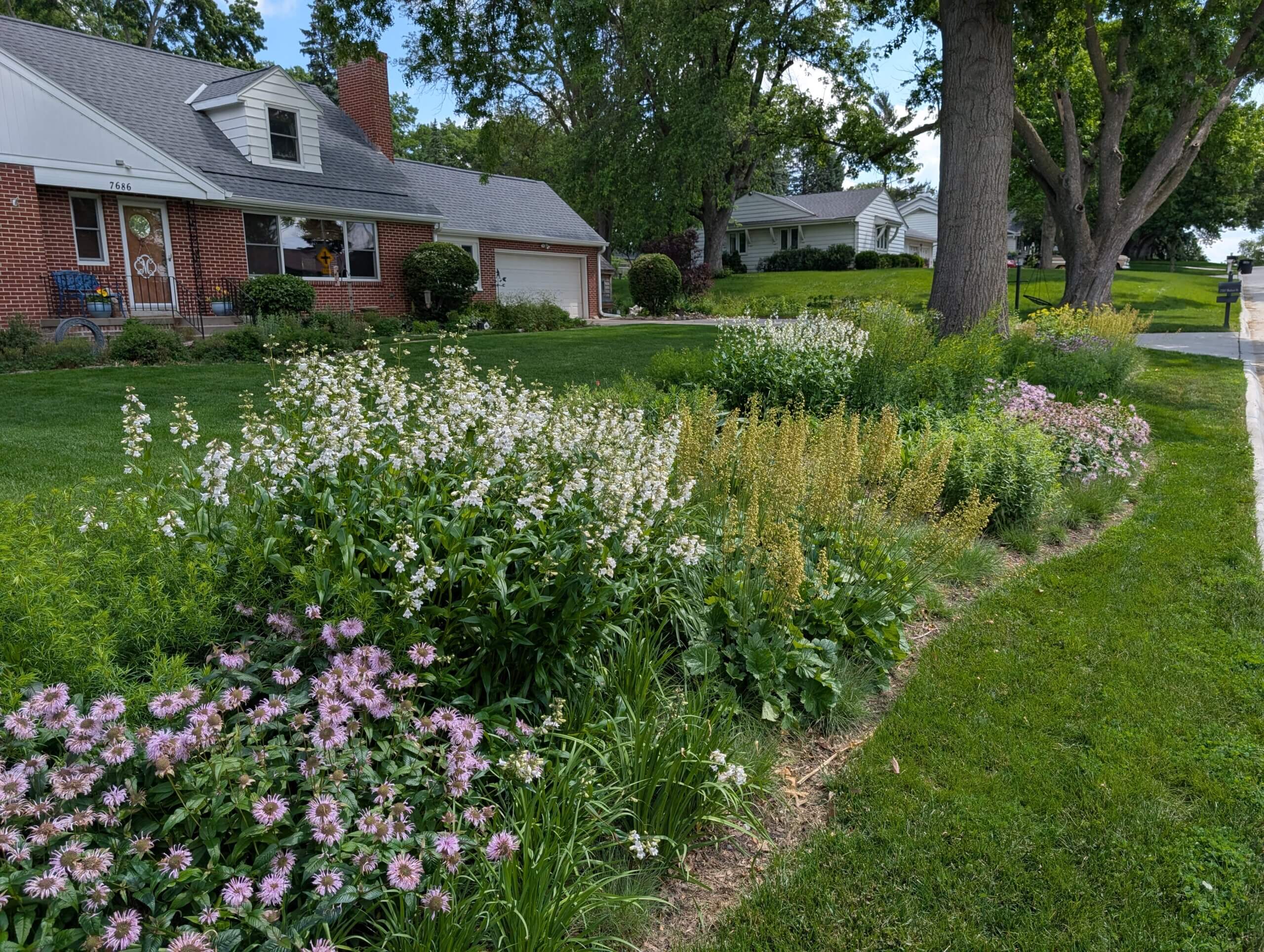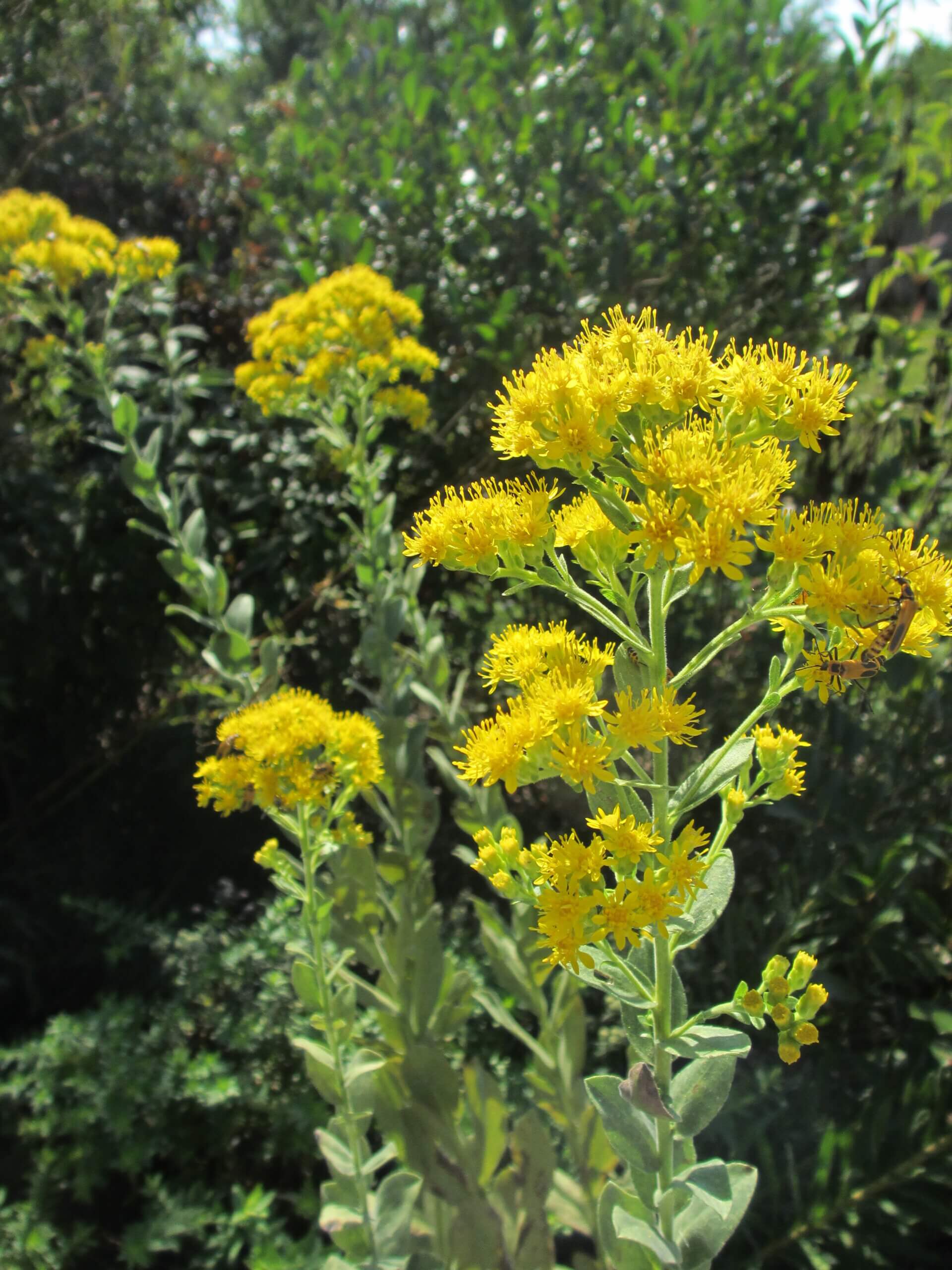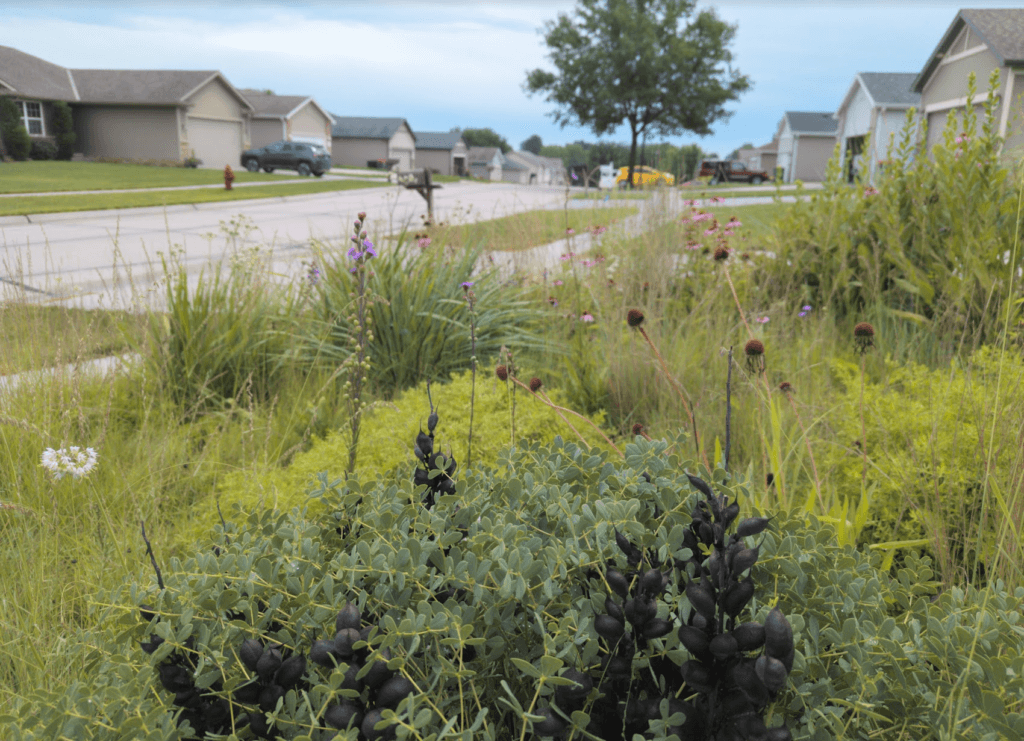
On Home Affordability, Poverty, and Unlawning America
I don’t know who that Michael Green financial analyst guy is who looked at one county in NJ to state
In A New Garden Ethic I make the case that any conversation or debate we have about native plants is less about the plants and more about human privilege and avoiding environmental grief; because this is what’s really at the core of how we approach the topic, as well as gardening itself, emotions are automatically rich and complex. Gardening is a very personal act, an expressive art, and like the students in my writing workshops, it takes time to learn how to speak to one another about our lives and to do so honestly so we can make constructive changes.
All that being said, I’ve run out of patience with some native plant proponents who are overly aggressive and hardline in their perspective. Yes, that will sound odd coming from me, someone who will always advocate for 100% native landscapes (please don’t argue with me on what native is). The problem is we have folks in horticulture whose identity and livelihood is tied up in seeing plants as either pieces of art or commodities to earn a living from, or both; of course the conversation is going to escalate, it’s human nature, especially at the start of a conversation where we all feel like we have something to defend that’s intimate. (This is why many equate fundamentalist religion and native plants — it’s easy to feel judged, it’s almost pre-built into our pscyhe.) I mean, we can’t even discuss renewable energy without hand grenades going off about various socio-economic issues.
I’m never going to mix lots of exotic species into my garden designs, and I’m going to shake my head at overly designed landscapes many times a day, but I also know that even though all of us approach gardening differently (because we all are different), our end goals and desires and concerns are almost always similar: climate change, mass extinction, habitat loss, beauty, resilience, low maintenance, etc.
This is where I want to change how we talk to one another. I wouldn’t call it an olive branch, but it’s something I’ve learned talking about climate change: first you have to listen and find points of agreement before you can delve into the issues you see causing problems. A good pun doesn’t hurt.
How can we discuss native plants without getting red hot in three seconds? By asking questions where we can find common ground in our own experiences and stories:
1) “Ok, we clearly don’t agree about native plant percentages in a designed garden. Let’s put that aside. What wildlife do you enjoy seeing in your garden?”
2) “Why do you like to garden? Why does it matter to you?”
3) “What can we do to address climate change and mass extinction in our private gardens, and then perhaps further out into our neighborhoods?”
4) “You love your heirloom daylily collection? Cool. No one’s asking you to rip it out. But how can we increase ecosystem function with them? Maybe a ground layer of sedge, purple poppy mallow, or geranium. Maybe late-season flowering perennials that can help cover up the daylily foliage that gets ratty by late summer.”

I don’t know who that Michael Green financial analyst guy is who looked at one county in NJ to state

Oh that’s a cool plant, stiff goldenrod, Oligoneuron rigidum. I wonder if that would work in my garden. Maybe it’s
